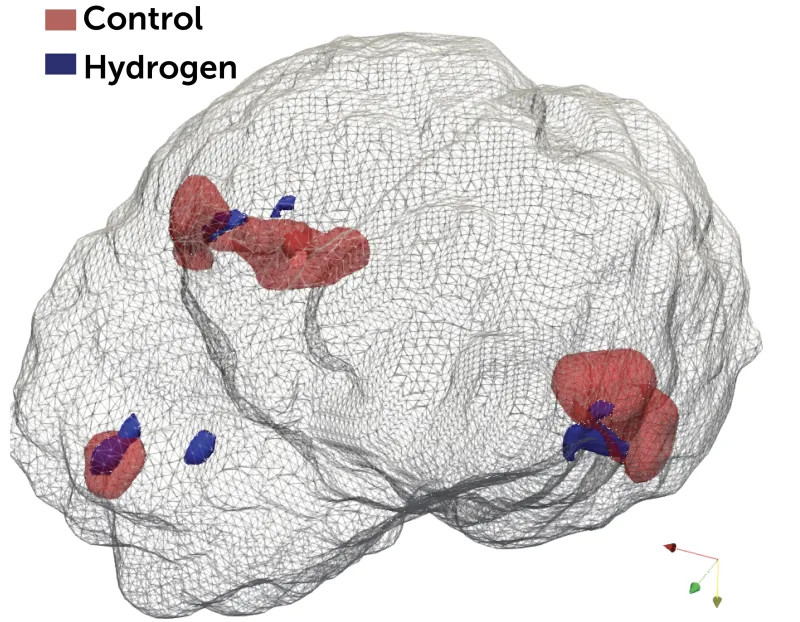In most cases, informed consent will not be possible. The use of EMCO in the setting of CPR is always an emergency, and is always unexpected event. If the clinical team expected that they patient would have a cardiac arrest, they would place a patient onto ECMO support before a cardiac arrest happened. An ECPR event is overwhelming. The healthcare team is busy performing CPR and often placing a breathing tube emergently. Many pieces of equipment are brought into the room, surgical staff arrive transform the ICU room into a sterile operating room, and the ICU staff administer anesthetic medications. Family members are often watching, trying to grasp what is happening with their child. After the ECPR event, the priority for communication is to help family members understand what happened, and the current status of the patient, and what to expect.
Hydrogen is most effective when started immediately, and must be given within two hours of the event. Whenever possible, study personnel will try to obtain your consent, or at least provide you an opportunity to object before the drug is started. In every case, after your child is enrolled in the research trial, study personnel will discuss the research study with you in further detail, and you can be removed from the research study anytime at your request. But in many cases, we do not believe that will be feasible or fair to expect any family to be able to process and understand their child’s current state, and then hear about and comprehend this clinical research trial with a clear mind, and then provide consent within this time window.
For this research trial, there is a special, very carefully monitored, federal accommodation that allows for “Exception From Informed Consent” that is made especially to allow for research trials like this one to take place.
For this research study we have taken the following steps:
- The research study protocol, focusing primarily on the safety of the therapy, was reviewed in detail by the FDA.
- Once the research study was allowed to proceed by the FDA, the study protocol was presented to a broad community for feedback, in this case other families and patients with congenital heart disease. We payed special attention to make sure the population that we presented to was racially representative of the population that has experienced ECPR.
- The feedback of the community consultations, and of our staff members (including bedside nurses, heart surgeons, ICU doctors, and others), was reviewed and approved by the Institutional Review Board.
- Since we started the research study, we post regular notifications to social media sites to let the broad community know about the research trial.
- Every patient who seen preoperatively in the Heart Center or admitted as an inpatient receives a small informational pamphlet (which may be how you ended up here!).
- Any patient who would not like to participate in the research trial in the unlikely event of ECPR can ‘opt out’ using this form.
- Patients who have not opted-out may be enrolled without informed consent if they meet study criteria. Whenever feasible (expected to be very rare), we will obtain informed consent using the consent form, attached here. In very rare cases, we may also provide an opportunity to object prior to enrolling in the research trial. The window of opportunity in which hydrogen may work is <2 hours from the onset of cardiac arrest. In nearly all ECPR situations, most families will not have even received a complete update from the care team and in most situations the patient’s clinical state will still be very tenuous and uncertain. We will weigh all of these factors in deciding whether informed consent is feasible before enrolling in the research trial as to not delay therapy, and to not distract the family from focusing on the clinical situation or to coerce them due to a time pressure.
- Following enrollment, all families will be notified of their loved one’s participation in the research trial as soon as possible (in consultation with the clinical team), including a disclosure of whether or not they are receiving hydrogen. Families will have the opportunity to object to continued participation at any time. Any patient whose family objects to participation will be removed from the research trial immediately, including treatment with hydrogen.
If you would like to speak with a research study team member at any time, please contact us by email at hydrogenfast@childrens.harvard.edu or by phone at 857-299-4233.
